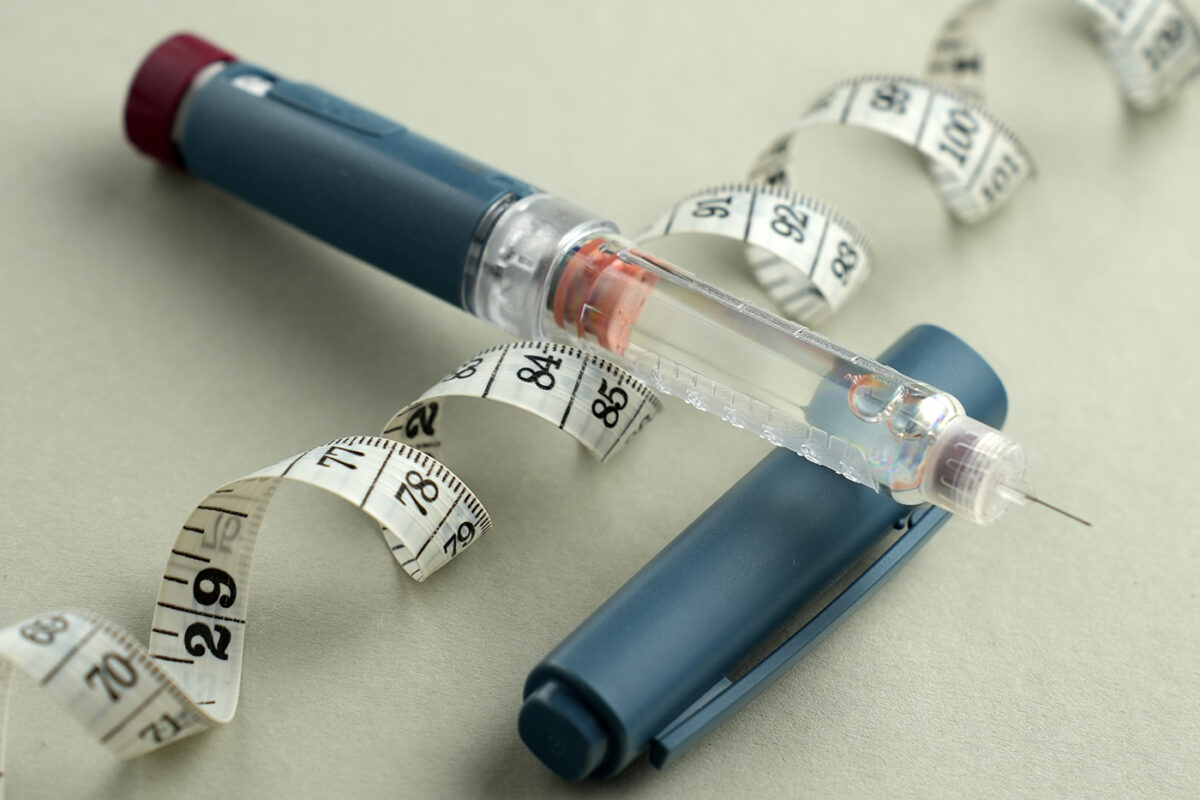
High infant mortality, high rates of premature deaths from treatable causes, and low rates of adult dental care push Arkansas near the bottom among states in a new health rankings report. However, the report also notes that Arkansas boasts the nation’s lowest spending per enrollee for employer-sponsored insurance and has demonstrated remarkable improvements in substance use disorder care and drug overdose rates.
Arkansas receives an overall ranking of 48th out of the 50 states and the District of Columbia in The Commonwealth Fund’s 2025 Scorecard on State Health System Performance. Arkansas was ranked 47th in a previous scorecard issued in 2023.
Regionally, Arkansas is ranked 11th among 12 Southeastern states in the 2025 report. It was ranked 10th in the region in the 2023 scorecard.
The 2025 scorecard provides state-by-state rankings for 50 health indicators across categories related to access and affordability, prevention and treatment, avoidable hospital use and cost, healthy lives, income disparity, and racial and ethnic health equity. The rankings are based on the most recent year of data available for all measures. Statistics and rankings for maternal and reproductive health were released in a separate Commonwealth Fund report in 2024. ACHI covered those findings in a previous blog post.
Arkansas receives its best rankings for the following measures:
- Employer-sponsored insurance spending per enrollee (ranked first, meaning Arkansas has the lowest spending per enrollee for employer-sponsored insurance nationwide. While employer-sponsored insurance costs have risen nationwide, Arkansas’s has remained relatively stable since 2019).
- Adults with substance use disorder who did not receive treatment (ranked fourth, meaning Arkansas has one of the lowest rates of persons with substance use disorder going untreated).
- Drug overdose deaths per 100,000 people (ranked sixth, meaning Arkansas has one of the lowest rates of drug overdoses in the country. Arkansas was ranked 11th in 2023).
Measures in which Arkansas has improved compared to past years’ data include:
- Potentially avoidable emergency department visits for adults age 65 and older (158.5 per 1,000 Medicare beneficiaries in 2023, compared to 191.4 per 1,000 Medicare beneficiaries in 2019).
- Adults who went without care because of cost in the past year (14% in 2023, compared to 16% in 2019).
- People with medical debt in collections (7% in 2023, compared to 18% in 2021).
- Children without a medical and dental preventive care visit in the past year (36% in 2022-2023, compared to 44% in 2018-2019).
- Adults who smoke (15% in 2023, compared to 20% in 2019).
Arkansas has moved up slightly in the rankings in several key dental health metrics it has struggled with in the past, including the percentage of adults without dental visits (now ranked 49th, an improvement from 51st in the 2023 report), and the number of adults who have lost six or more teeth (now ranked 48th, an improvement from 50th in the 2023 report). An ACHI report offers additional detail on dental access challenges in Arkansas.
The 2025 scorecard highlights several measures for which Arkansas’s rankings are among the worst, including a high rate of premature deaths from treatable causes (ranked 50th), high infant mortality (ranked 49th), and a low rate of preventative cancer screenings (ranked 50th).
Measures that have worsened in Arkansas compared to data from past years include:
- Premature deaths from treatable and preventable causes (392.8 per 100,000 people in 2022-2023, compared to 352.6 per 100,000 people in 2018-2019).
- Children who did not receive needed mental health care (19% in 2022-2023, compared to 13% in 2018-2019, and a drop in state ranking from 12th in 2023 to 24th in 2025).
- Children without all recommended vaccines (33% in 2023, compared to 26% in 2019).
- Children who are overweight or obese (38% in 2022-2023, compared to 34% in 2018-2019).
- Adults who are obese (42% in 2023, compared to 39% in 2019).
- The share of hospitals with better-than-average patient experience ratings (16% in 2023, compared to 45% in 2019). However, this follows a nationwide trend, and despite the reduced percentage in this measure, Arkansas’s rank improved from 46th to 39th.
- Individuals under age 65 with high out-of-pocket medical costs relative to their annual household income (12.2% in 2022-2023, compared to 9.8% in 2018-2019). However, this too follows a national trend, and the state’s rank improved from 50th to 46th.
Measures in which the state has worsened modestly compared to past years’ data include:
- Hospital 30-day mortality (16% in 2020-2023, compared to 14% in 2016-2019).
- Children age 18 and under who are uninsured (7% in 2023, compared to 6% in 2019).
- Primary care spending as a share of total healthcare spending among adults ages 18-64 (7.1% in 2023, compared to 9.1% in 2019).
This year’s scorecard also includes state racial and ethnic health equity rankings. These measures reflect racial and ethnic disparities in Arkansas among minority populations. Key insights from this section include:
- Black Arkansans experience a mortality rate from preventable causes that is nearly double the national rate (405.6 deaths per 100,000 people in Arkansas, compared to 233.1 deaths per 100,000 people nationally) and an infant mortality rate also twice the national average (12.8 deaths per 1,000 live births in Arkansas, compared to 5.4 deaths per 1,000 live births nationally). Black Arkansans also have higher rates of breast and colorectal cancer deaths (28.9 per 100,000 people and 19.3 per 100,000 people, respectively) than the national average (19.4 per 100,000 people and 13.4 per 100,000 people, respectively).
- Black Arkansans have a higher obesity rate than the national average (49% in Arkansas, compared to 34% nationally).
- About half of Black (49%) and Hispanic (50%) Arkansan children go without annual age-appropriate medical and dental preventative care visits, compared to the national average of 36%.
- Hispanic Arkansans are uninsured at nearly three times the national average uninsured rate (31% in Arkansas, compared to 11% nationally). More than half of Hispanic people in Arkansas ages 50-74 have not received a recent colon cancer screening test (63% in Arkansas, compared to the national average of 40%).
- American Indian and Alaska Natives in Arkansas smoke at higher rates (38%) than the national average (13%) and have higher rates of adults with six or more teeth lost due to tooth decay, infection, or gum disease (24% in Arkansas, compared to 9% nationally).
Data sources and detailed definitions of all 50 measures can be found in the appendices to the 2025 scorecard.






